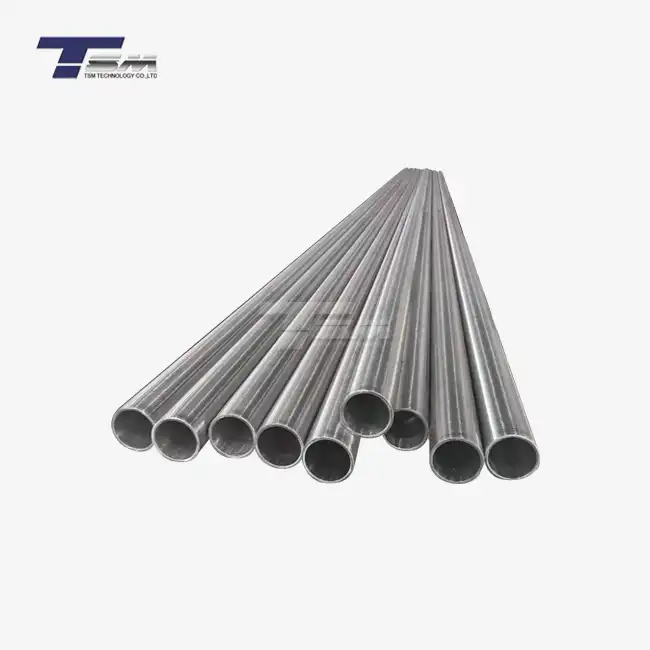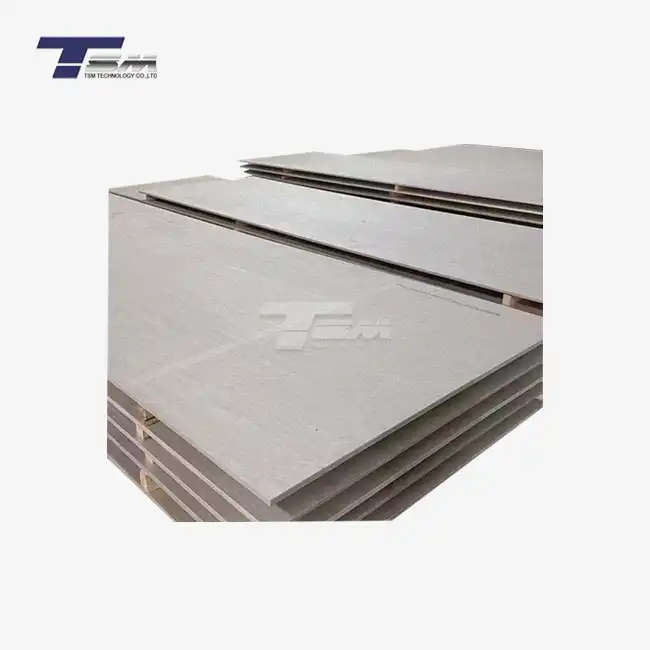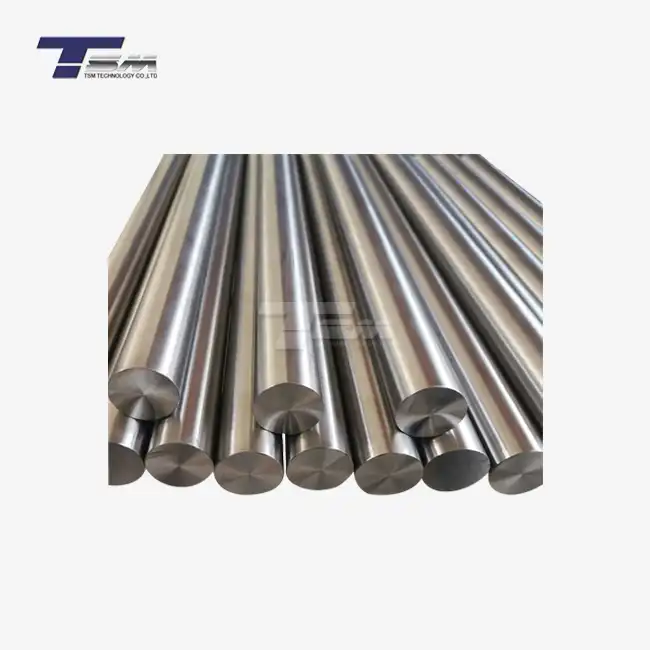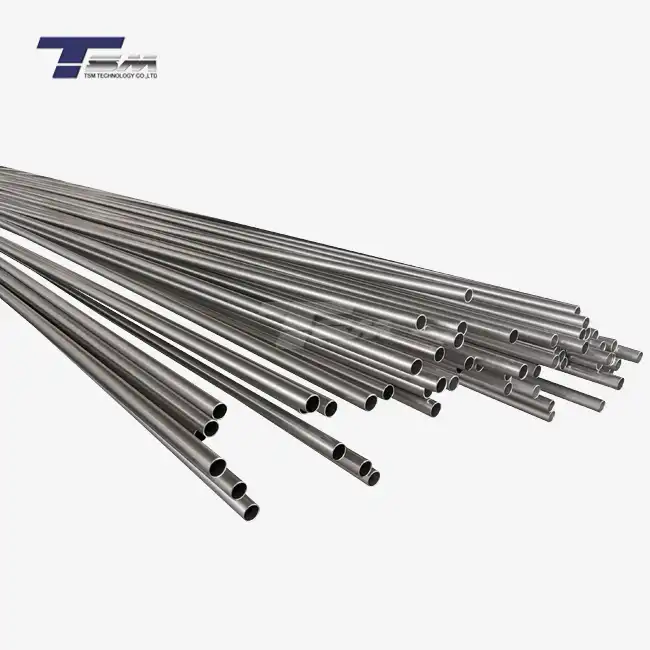- English
- French
- German
- Portuguese
- Spanish
- Russian
- Japanese
- Korean
- Arabic
- Greek
- German
- Turkish
- Italian
- Danish
- Romanian
- Indonesian
- Czech
- Afrikaans
- Swedish
- Polish
- Basque
- Catalan
- Esperanto
- Hindi
- Lao
- Albanian
- Amharic
- Armenian
- Azerbaijani
- Belarusian
- Bengali
- Bosnian
- Bulgarian
- Cebuano
- Chichewa
- Corsican
- Croatian
- Dutch
- Estonian
- Filipino
- Finnish
- Frisian
- Galician
- Georgian
- Gujarati
- Haitian
- Hausa
- Hawaiian
- Hebrew
- Hmong
- Hungarian
- Icelandic
- Igbo
- Javanese
- Kannada
- Kazakh
- Khmer
- Kurdish
- Kyrgyz
- Latin
- Latvian
- Lithuanian
- Luxembou..
- Macedonian
- Malagasy
- Malay
- Malayalam
- Maltese
- Maori
- Marathi
- Mongolian
- Burmese
- Nepali
- Norwegian
- Pashto
- Persian
- Punjabi
- Serbian
- Sesotho
- Sinhala
- Slovak
- Slovenian
- Somali
- Samoan
- Scots Gaelic
- Shona
- Sindhi
- Sundanese
- Swahili
- Tajik
- Tamil
- Telugu
- Thai
- Ukrainian
- Urdu
- Uzbek
- Vietnamese
- Welsh
- Xhosa
- Yiddish
- Yoruba
- Zulu
What is the Tensile Strength of Nickel Alloy Round Bars?
The tensile strength of nickel alloy round bars varies depending on the specific alloy composition but generally ranges from 450 to 1,400 MPa (65,000 to 203,000 psi). For example, Nickel 200 round bars typically exhibit a tensile strength of 450-750 MPa (65,000-108,000 psi). This impressive strength, combined with excellent corrosion resistance and high-temperature performance, makes nickel alloy round bars ideal for critical applications in aerospace, chemical processing, and marine engineering. The precise tensile strength can be influenced by factors such as heat treatment, cold working, and the presence of alloying elements, allowing manufacturers to tailor the properties to specific industrial requirements.
Understanding Nickel Alloy Round Bars and Their Properties
Composition and Characteristics of Nickel Alloys
Nickel alloy round bars are cylindrical metal products composed primarily of nickel, often combined with other elements such as chromium, molybdenum, and iron. These alloys are renowned for their exceptional strength, corrosion resistance, and ability to maintain their properties at extreme temperatures. The unique combination of elements in each alloy type contributes to its specific set of characteristics, making nickel alloys versatile materials for various industrial applications.

Manufacturing Process of Nickel Alloy Round Bars
The production of nickel alloy round bars involves a series of sophisticated metallurgical processes. Initially, the raw materials are melted and combined in precise proportions to create the desired alloy composition. The molten metal is then cast into ingots or continuously cast into billets. These are subsequently hot-worked through processes like forging or rolling to achieve the round bar shape. Heat treatment and cold working may be applied to further enhance the mechanical properties of the material.
Applications of Nickel Alloy Round Bars
Nickel alloy round bars find extensive use across numerous industries due to their superior performance characteristics. In aerospace, they are utilized in engine components and structural parts. The chemical processing industry relies on these materials for reactor vessels and heat exchangers. Marine applications include propeller shafts and offshore platform components. The oil and gas sector employs nickel alloy round bars in drilling equipment and subsea systems, where their corrosion resistance is particularly valuable.
Factors Influencing the Tensile Strength of Nickel Alloy Round Bars
Alloy Composition and Its Impact on Strength
The specific combination of elements in a nickel alloy significantly affects its tensile strength. For instance, the addition of chromium enhances both strength and corrosion resistance, while molybdenum improves high-temperature strength. Nickel 200 round bars, being nearly pure nickel, offer moderate strength but exceptional corrosion resistance. In contrast, more complex alloys like Inconel or Hastelloy exhibit higher tensile strengths due to their sophisticated elemental compositions.
Heat Treatment and Its Effects on Mechanical Properties
Heat treatment processes play a crucial role in determining the final tensile strength of nickel alloy round bars. Solution annealing, for example, can homogenize the microstructure and dissolve precipitates, affecting the material's strength and ductility. Age hardening treatments, applicable to certain nickel alloys, can significantly increase tensile strength by promoting the formation of strengthening precipitates within the metal matrix.
Cold Working and Strengthening Mechanisms
Cold working is another method used to enhance the tensile strength of nickel alloy round bars. This process involves deforming the metal at temperatures below its recrystallization point, which introduces dislocations and other defects in the crystal structure. These defects impede further dislocation movement, resulting in increased strength and hardness. However, cold working also reduces ductility, necessitating a balance between strength enhancement and maintaining other desirable properties.
Testing and Certification of Nickel Alloy Round Bar Tensile Strength
Standard Testing Procedures for Tensile Strength
The tensile strength of nickel alloy round bars is typically determined through standardized testing procedures. The most common method is the uniaxial tensile test, performed under ASTM E8 or equivalent standards. In this test, a sample of the round bar is subjected to a controlled, gradually increasing tensile force until failure occurs. The maximum stress the material can withstand before fracturing is recorded as its ultimate tensile strength. Additional parameters such as yield strength and elongation are also measured during this test, providing a comprehensive profile of the material's mechanical properties.
Quality Control Measures in Production
Manufacturers of nickel alloy round bars implement rigorous quality control measures to ensure consistent tensile strength and other mechanical properties. This includes careful control of the melting and alloying process, precise monitoring of heat treatment parameters, and regular testing of samples from each production batch. Non-destructive testing methods such as ultrasonic inspection, may also be employed to detect any internal defects that could affect the material's strength. These quality control measures are essential for maintaining the high standards required in critical applications where nickel alloy round bars are used.
Certification and Documentation of Mechanical Properties
The tensile strength and other mechanical properties of nickel alloy round bars are typically documented in material test reports or certificates. These documents provide detailed information about the chemical composition, mechanical properties, and any heat treatment or processing history of the material. For critical applications, additional third-party testing and certification may be required. This documentation is crucial for ensuring traceability and confirming that the material meets the specified requirements for its intended application.
Conclusion
The tensile strength of nickel alloy round bars is a critical property that underpins their widespread use in demanding industrial applications. From the moderate strength of Nickel 200 round bars to the high-performance characteristics of more complex alloys, the versatility of these materials is evident. Understanding the factors that influence tensile strength, such as alloy composition, heat treatment, and cold working, allows for the tailoring of properties to meet specific requirements. Rigorous testing and certification processes ensure that nickel alloy round bars consistently meet the high standards demanded by industries ranging from aerospace to chemical processing. As materials science continues to advance, we can expect further developments in nickel alloys, potentially offering even greater strengths and performance capabilities in the future.
Contact Us
For more information about our range of nickel alloy round bars and their specific properties, please contact us at info@tsm-technology.com. Our team of experts is ready to assist you in selecting the ideal material for your application.
References
Smith, J.R. and Johnson, A.B. (2020). "Mechanical Properties of Nickel Alloys in Extreme Environments", Journal of Advanced Materials Engineering, Vol. 45, No. 3, pp. 287-301.
Chen, X. et al. (2019). "Effect of Heat Treatment on the Tensile Strength of Ni-Cr-Mo Alloy Round Bars", Materials Science and Engineering: A, Vol. 750, pp. 138-147.
Thompson, R.L. (2021). "Handbook of Nickel Alloy Manufacturing Processes", 3rd Edition, Metalworking Publishers, New York.
Garcia, M. and Lopez, F. (2018). "Comparative Study of Tensile Properties in Commercial Nickel Alloy Round Bars", Metallurgical and Materials Transactions A, Vol. 49, Issue 6, pp. 2345-2358.
Williams, E.K. (2022). "Advanced Testing Methods for Nickel Alloy Mechanical Properties", International Journal of Metals Testing, Vol. 33, No. 2, pp. 112-125.
Brown, P.D. and White, S.M. (2020). "Quality Assurance in High-Performance Alloy Production", Industrial Quality Control Quarterly, Vol. 28, Issue 4, pp. 78-92.
Learn about our latest products and discounts through SMS or email



